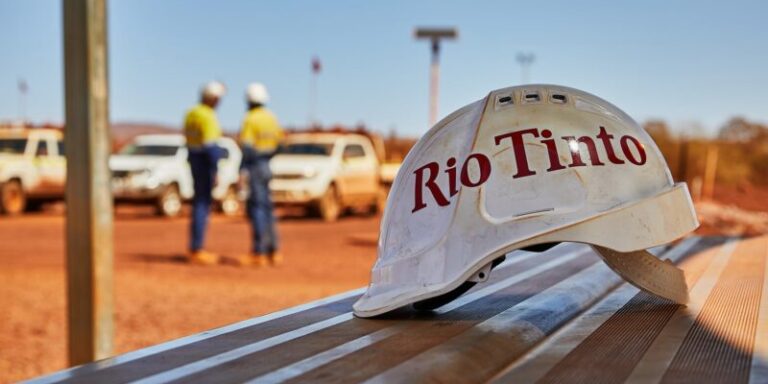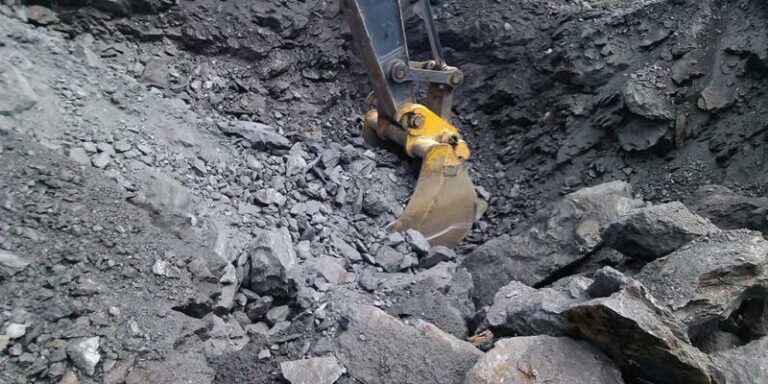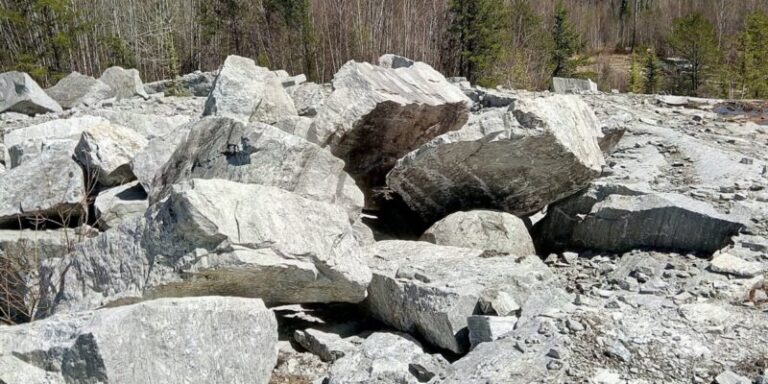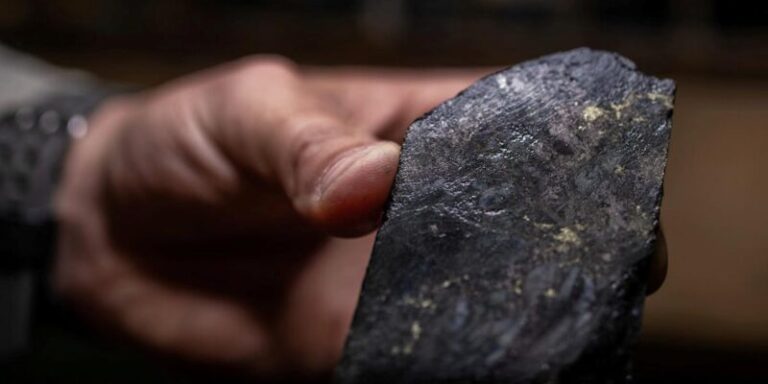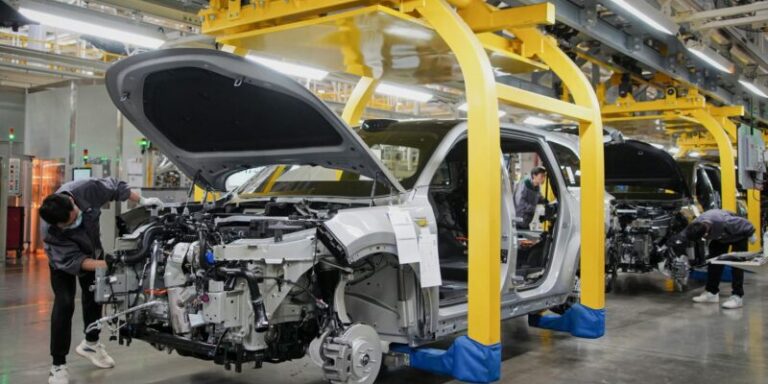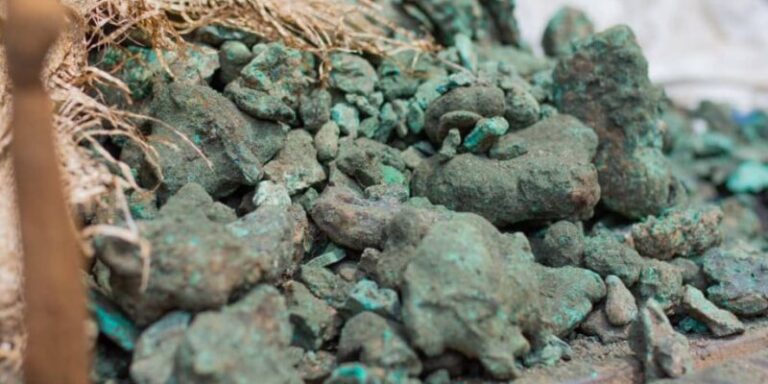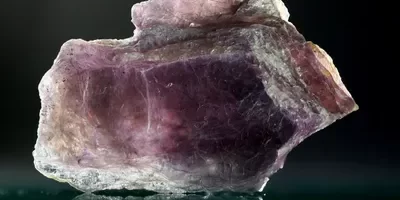
Rio Tinto (ASX, LON: RIO), the world’s second-largest miner, is venturing into Rwanda’s lithium reserves by forming a groundbreaking earn-in investment and joint-venture agreement with Africa-focused Aterian (LON: ATN).
This strategic partnership aims to develop lithium and its by-products on Aterian’s HCK lithium license, covering an extensive 2,750-hectare area in southern Rwanda.
As part of the deal, Rio Tinto has the opportunity to invest up to $7.5 million in two stages, potentially earning a 75% stake in the license.
Aterian will receive cash payments totaling $300,000 to cover previous operational expenses incurred.
Charles Bray, Chairman of Aterian, expressed excitement about the transformative nature of the deal, emphasizing the company’s ability to identify critical mineral deposits like lithium.
The initial $200,000 payment to Aterian is contingent on Rio Tinto’s satisfactory completion of due diligence, followed by an additional $100,000 payment at the start of Stage 2.
In exchange, Aterian has granted Rio Tinto a 2% net smelter return over the project, capped at $50 million.
The investment will be due through a future joint venture between Rio Tinto and Kinunga Mining, the holder of the HCK project’s license, in which Aterian holds a 70% interest.
Additionally, Rio Tinto has secured an exclusivity option to invest in Aterian’s two other projects in Rwanda.
Aterian has identified 19 distinct lithium/caesium/tantalum pegmatite zones within the 2,750-hectare project, which boasts excellent connectivity to local infrastructure.
The news of Rio’s partnership with Aterian had an immediate impact on the critical and strategic metals junior’s shares, surging over 40% during early trading in London to 1.49p.
However, the value dipped to 1.04p mid-afternoon, resulting in a market capitalization of £9.95 million ($12.7m) for the company.
The move by Rio Tinto to collaborate with Aterian underscores the mining giant’s growing interest in battery metals.
Rio had faced challenges last year when Serbia revoked its license for the $2.4 billion Jadar lithium project.
Since then, Rio has actively sought new assets and acquired the Rincon lithium project in Argentina, navigating an annual inflation rate of over 100% in the past year.
Rio Tinto’s Chief Executive, Jakob Stausholm, acknowledged the uncertainty in long-term lithium prices but stressed the company’s expectation of a future metal shortage.
According to Rio Tinto’s projections, committed lithium supply and capacity expansions will contribute only about 15% to supply growth between 2023 and 2050, leaving the remaining 85% reliant on new projects.


